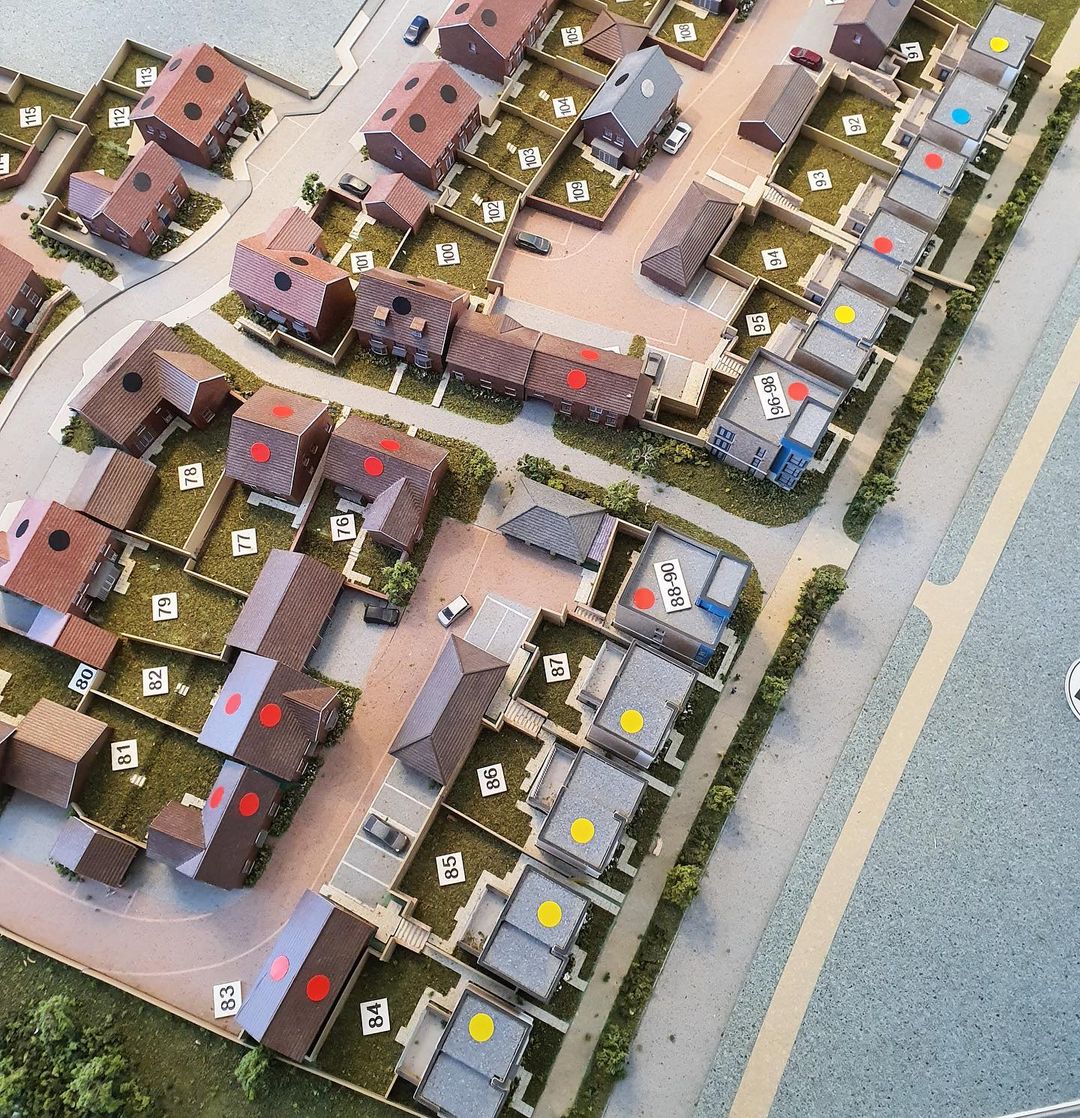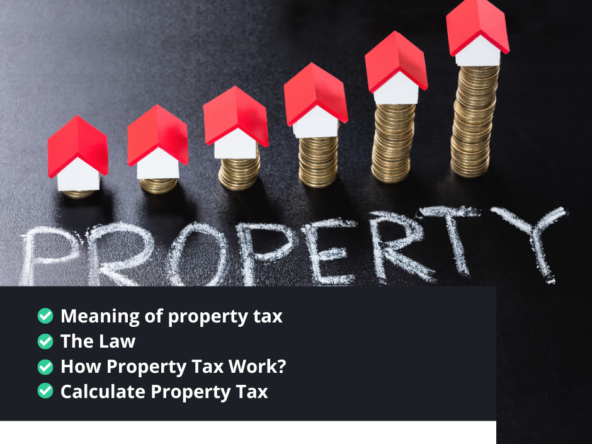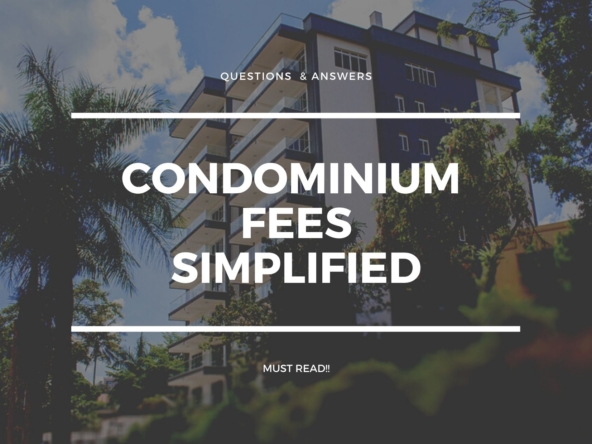Buying condominium Apartments Off-Plan Property in Uganda
Buying a home that doesn’t exist sounds kind of crazy, but it could mean owning the property of your dreams.
Off-the-plan deals sometimes get a bad rap. Investors claim buyers risk paying too much, and that they should always see exactly what they’re buying before parting ways with hundreds of thousands of shillings.
But are their concerns justified? Are there any good reasons to buy a property based on figures, artistic renderings, and, increasingly, virtual-reality walk throughs?
Looking for information about buying a property off-plan in the Uganda? Get the right advice about this here.
Buying a house off-plan
Many people come to us with questions about how to buy a house off-plan.
The process of getting a mortgage for an off-plan property can be overwhelming and some banks can be reluctant to lend, especially if certain materials are used throughout the build.
The good news is that banks work with developers who have extensive knowledge about developing off-plan, including the process, risks, tips and the lenders who are most likely to approve you.
To give you all the information you need, we’ve created this buying off-plan guide including:
What does buying off-plan mean?
Buying off-plan means that you agree to purchase a property before it has been built. This can be daunting as you will need to rely on the developer’s floor plans, price lists and other related property documents to make your decision.
Usually, buying an off-plan property involves signing a contract and paying a deposit to secure the property. The deposit size can range between developers but often it can be up to 10% and higher.
What are the pros of buying off the plan?
There are many benefits to buying a house off-plan. Firstly, you’ll be the first and only homeowner to have lived in the property, meaning that you have a completely blank canvas to work with.
Low decoration costs
Often new build homes are decorated in neutral, soft tones, so if you don’t want to decorate, you don’t have to. This keeps the costs of repairs and redecoration to a minimal for at least the first few years.
However, many developers do provide a choice of fixtures and fittings, (sometimes at an additional cost) which can allow you to tailor the property to your taste.
More time to prepare. Buys time for buyers
Buying off the plan is one of the easiest ways to get into the property market. You only need a 10% deposit today and can pay the balance of the purchase price at settlement, once construction is complete (which might take six months or longer).
Savvy buyers use this time to save towards moving costs, furniture, the home and the house-warming party. With more savings to put towards your new property you will be able to borrow less and therefore your loan repayments will be much lower.
A great aspect of buying off the plan is you’ll have 1-2 years to prepare yourself financially. All you’ll need to do upfront is come up with a 10% deposit, get your solicitor to look over the contract, sign on the dotted line and the waiting game begins. In that period you can start saving, without the worry of making mortgage repayments.
Property value goes up
When you buy off the plan you’re locking in today’s price, so from the moment you sign the contract you don’t have to worry about inflation or property prices soaring skywards. And this could potentially result in a quick profit.
Let’s use the same example as before. You’ve put down a 10% deposit of 150,000,000 millions shillings and find by the time the off the plan property is built the property value goes up by 50,000,000. That will mean you have made 33.5% on the original deposit you’ve put down.
What are the risks of buying a new home off-plan?
As with any property purchase, there may be risks that you should consider before committing to an off-plan mortgage, such as:
There could be financial risks
Despite your off-plan property being new, you should be aware that it will normally depreciate in value once you have moved in. This can be frustrating if you decide to move in the near future as you may not get your money back.
Because of this, it can be helpful to compare the new build home you are looking at with similar properties that are being re-sold online. Look at the value of the properties and compare it with the price you have paid for yours.
This will give you a good idea about what you can expect to sell your property for in the future.
It may have a covenant
Additionally, some new build properties are built on land with a covenants which can be frustrating for homeowners as often these can be restrictive.
In fact, some covenants can restrict homeowners from building an extension or even adding a satellite dish to the side of the house.
It may be a leasehold
Before buying a new build property off-plan, always check with the developer if the property is freehold or leasehold.
If the property is leasehold, you may be shocked to discover that despite buying the property, you are still only leasing the plot from the freeholder to use for a number of years. Although long term, most leases ranged between 49-99 years.
Among other things, this can affect the resale value of the property as some buyers may be put off because of the restrictive nature of leasehold properties.
Therefore, before you proceed to buy the property off-plan, ask the developer about what restrictions are included as well as which charges apply as often leaseholds come with ground rents and maintenance charges that can increase overtime.





